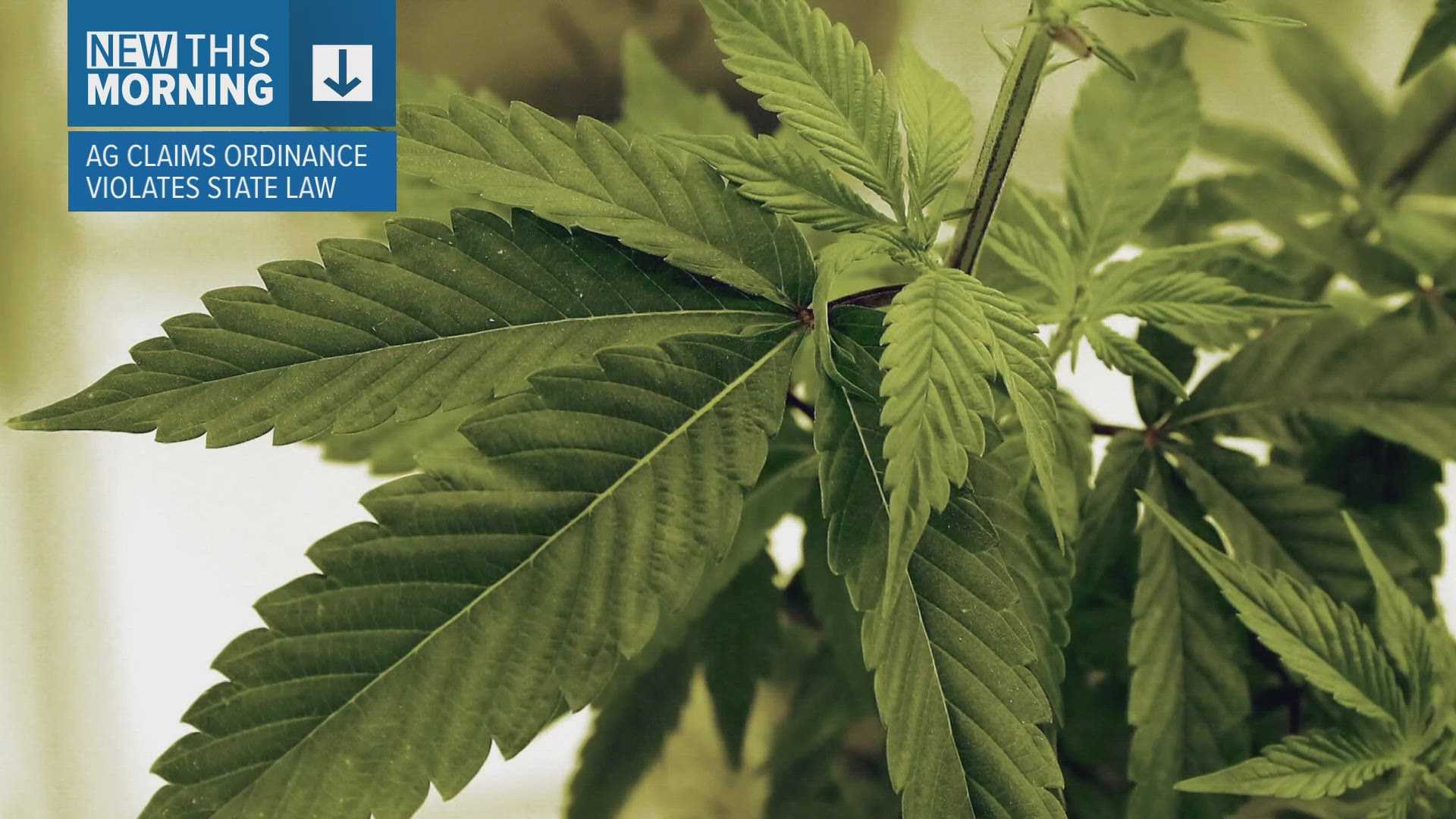News
Texas Attorney General Ken Paxton Sues Dallas Over Marijuana Decriminalization Measure

Texas Attorney General Ken Paxton has filed a lawsuit against the City of Dallas in response to a voter-approved charter amendment that decriminalizes the possession of up to 4 ounces of marijuana. The amendment, known as Proposition R, was approved by approximately 67% of Dallas voters in the November election.
Proposition R prohibits the Dallas Police Department from making arrests or issuing citations for marijuana possession and blocks the use of the smell of marijuana as probable cause for search or seizure. It also restricts the use of city resources for THC tests, except in cases involving violent felonies or felony narcotics investigations.
Paxton’s lawsuit argues that municipalities do not have the authority to override Texas drug laws or prevent police from enforcing them. According to Paxton, “Cities cannot pick and choose which State laws they follow. The City of Dallas has no authority to override Texas drug laws or prohibit the police from enforcing them. This is a backdoor attempt to violate the Texas Constitution, and any city that tries to constrain police in this fashion will be met swiftly with a lawsuit by my office”.
This is not the first time Paxton has taken legal action against cities in Texas for similar measures. In January 2024, he sued several cities, including Denton, Austin, San Marcos, Killeen, and Elgin, for adopting similar decriminalization policies. Judges have overturned some of these lawsuits, such as those against Austin and San Marcos.
The lawsuit names Dallas Mayor Eric Johnson, city council members, interim city manager Kimberly Tolbert, and interim police chief Michael Igo. Paxton’s office is seeking a trial to issue a permanent injunction to prevent the city from implementing Proposition R.
Dallas City Council member Cara Mendelsohn proposed an amendment to Proposition R that would have delayed its enforcement until marijuana is legalized at the state level, but this proposal was rejected by the council.












